Climate Action
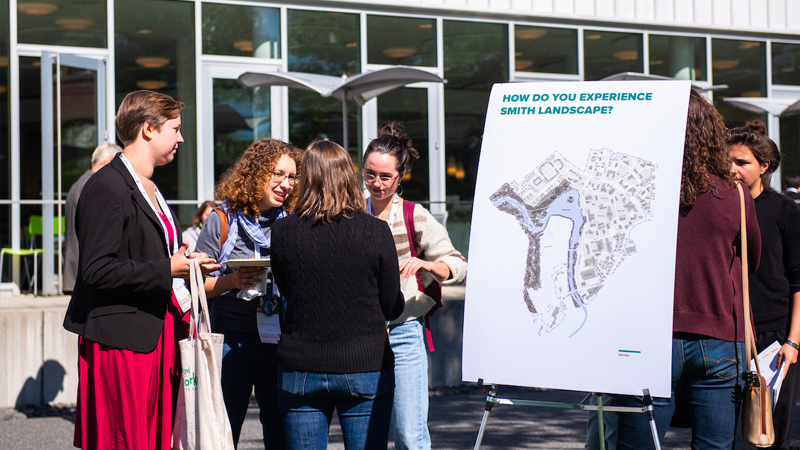
Human activities are pushing the climate toward abrupt, unpredictable, highly damaging and potentially irreversible impacts. Effective responses require ambitious, multifaceted plans of action. As a Smith community, we are actively working to mitigate and adapt to climate change and excessive resource consumption through research-driven, bold action that is centered on equity and health.
We bridge theory and practice by working with students on real-world sustainability and climate challenges—in the college and wider community. On our journey to carbon neutrality, we engage students from all disciplines to be climate-smart citizens and leaders.
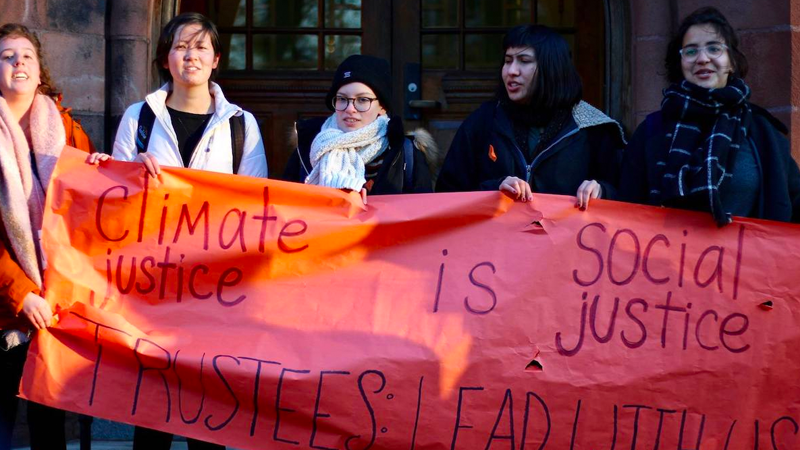
Carbon Neutrality by 2030
We are committed to acting against anthropogenic climate change and achieving carbon neutrality by 2030. Carbon neutrality means achieving net zero carbon emissions by removing, sequestering or offsetting the equivalent amount of carbon or greenhouse gas (GHG) emissions as we release. Since the early 2000’s we have been reducing our energy consumption (demand) and cleaning up our energy supply with renewable generation sources.
Learn more about our commitment and work toward Carbon Neutrality.
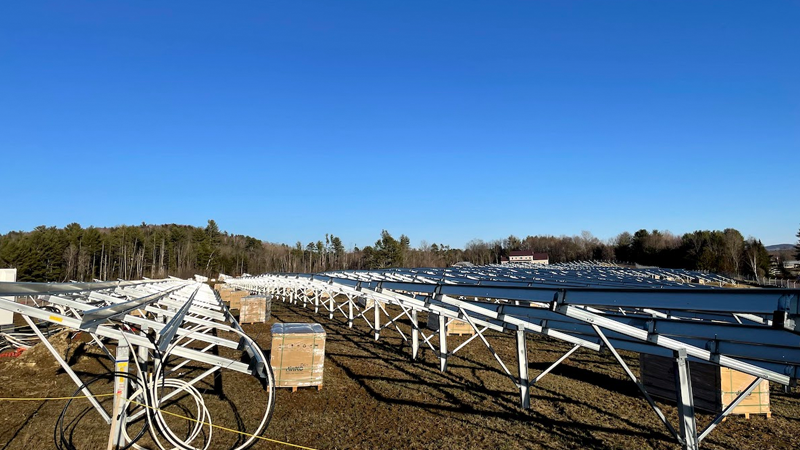
Energy Efficiency and Conservation
Energy efficiency is always the first step and the foundation of a strong carbon neutrality plan. Minimizing energy consumption reduces operating expenses and how much renewable energy we need to create or purchase.
Learn more about our efforts at Energy Efficiency and Conservation.
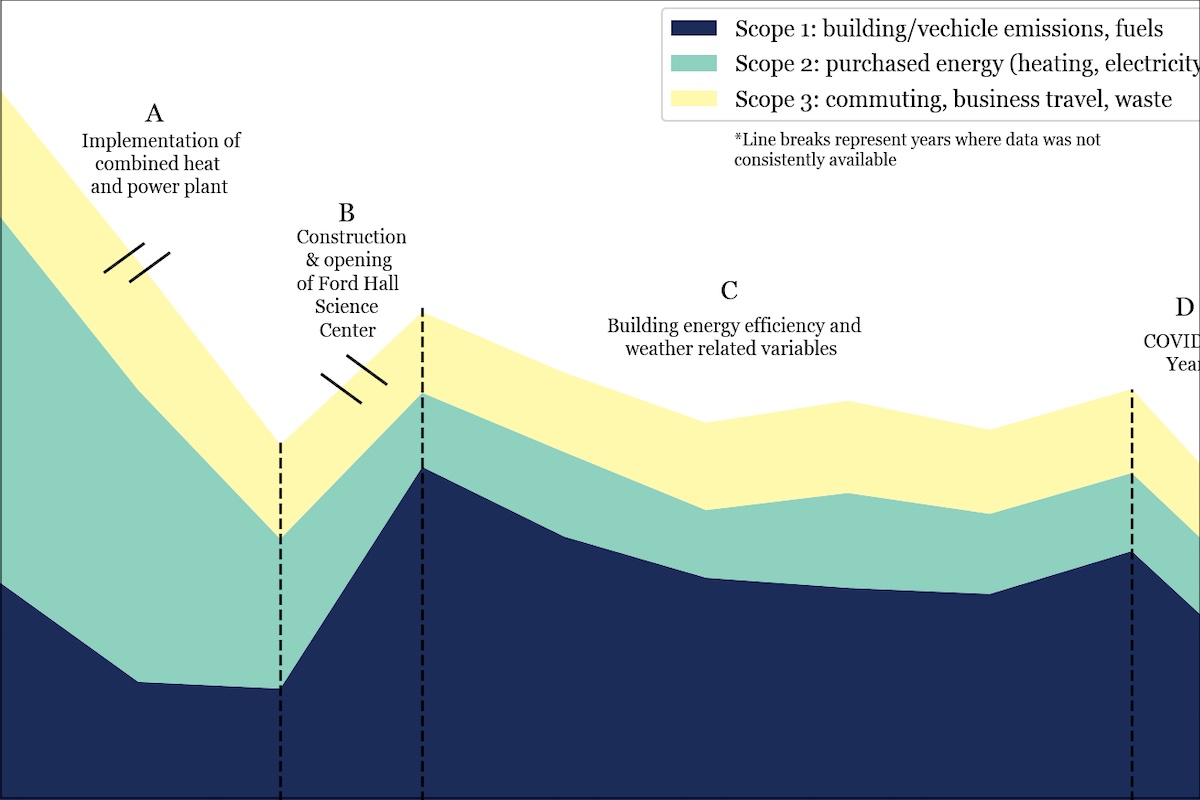
Greenhouse Gas Emissions Tracking
Greenhous gas emissions from our campus operations, financial investments, purchasing decisions, energy sources, and campus-wide individual behaviors impact our greater community and world. To slow, stop, and mitigate Smith’s climate change impacts we must track, monitor, and minimize our greenhouse gas emissions.
Learn more about how we track our Greenhouse Gas Emissions.
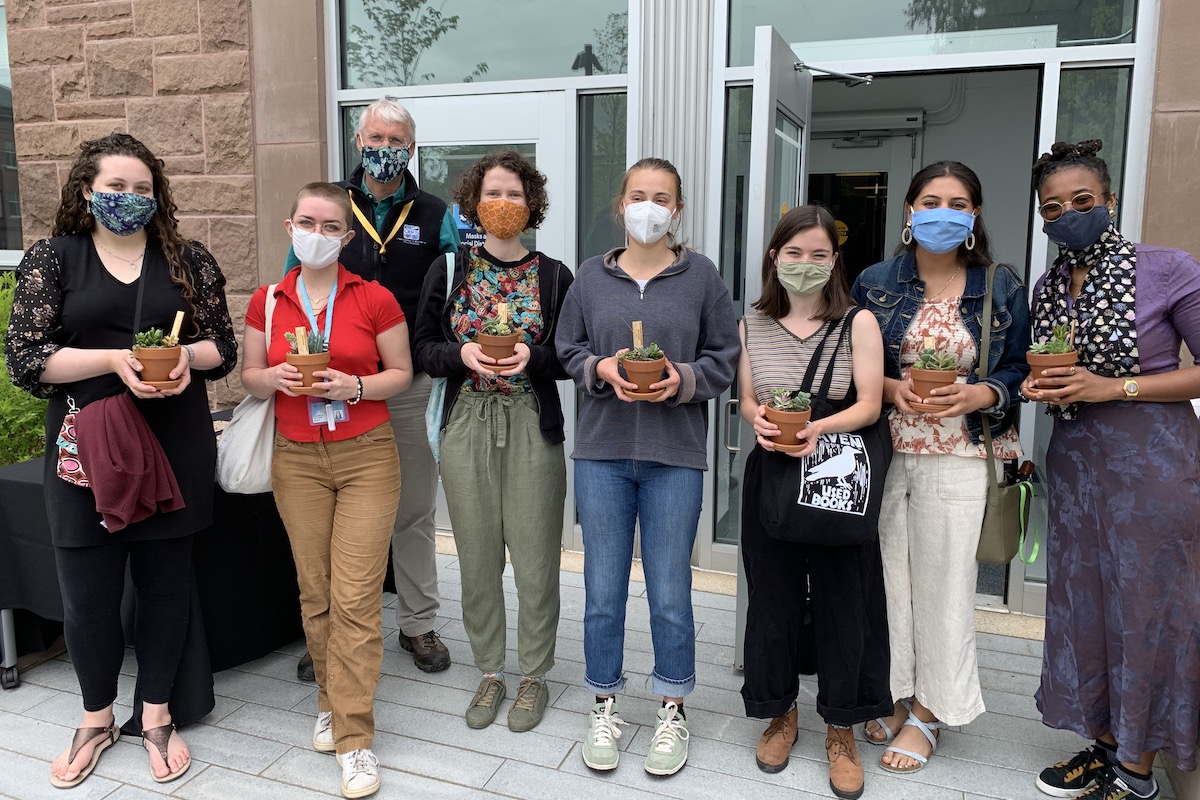
Cross-Program Climate Action
Smith College works to be comprehensive in scope and set clear pathways for climate action in the college’s educational mission, operations and finances, and to embed climate conversations within and across disciplines and departments to better educate the next generation of leaders.



